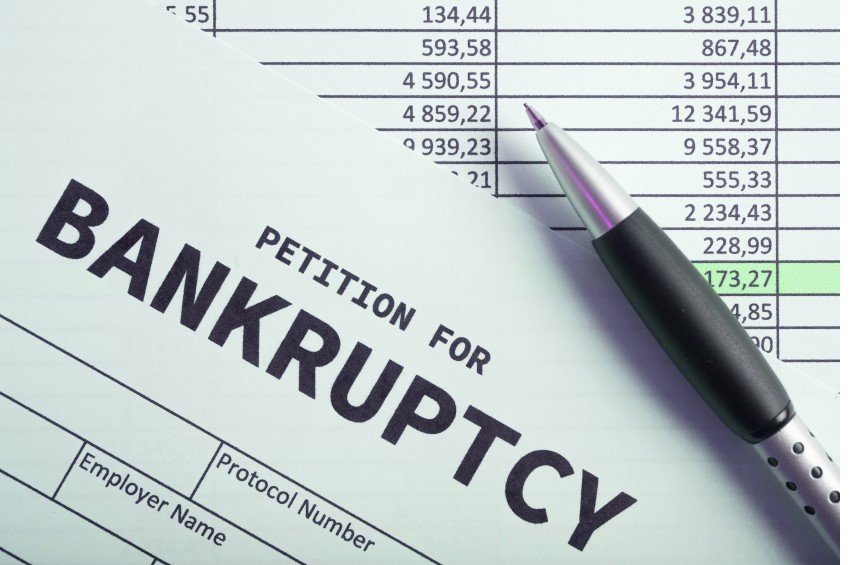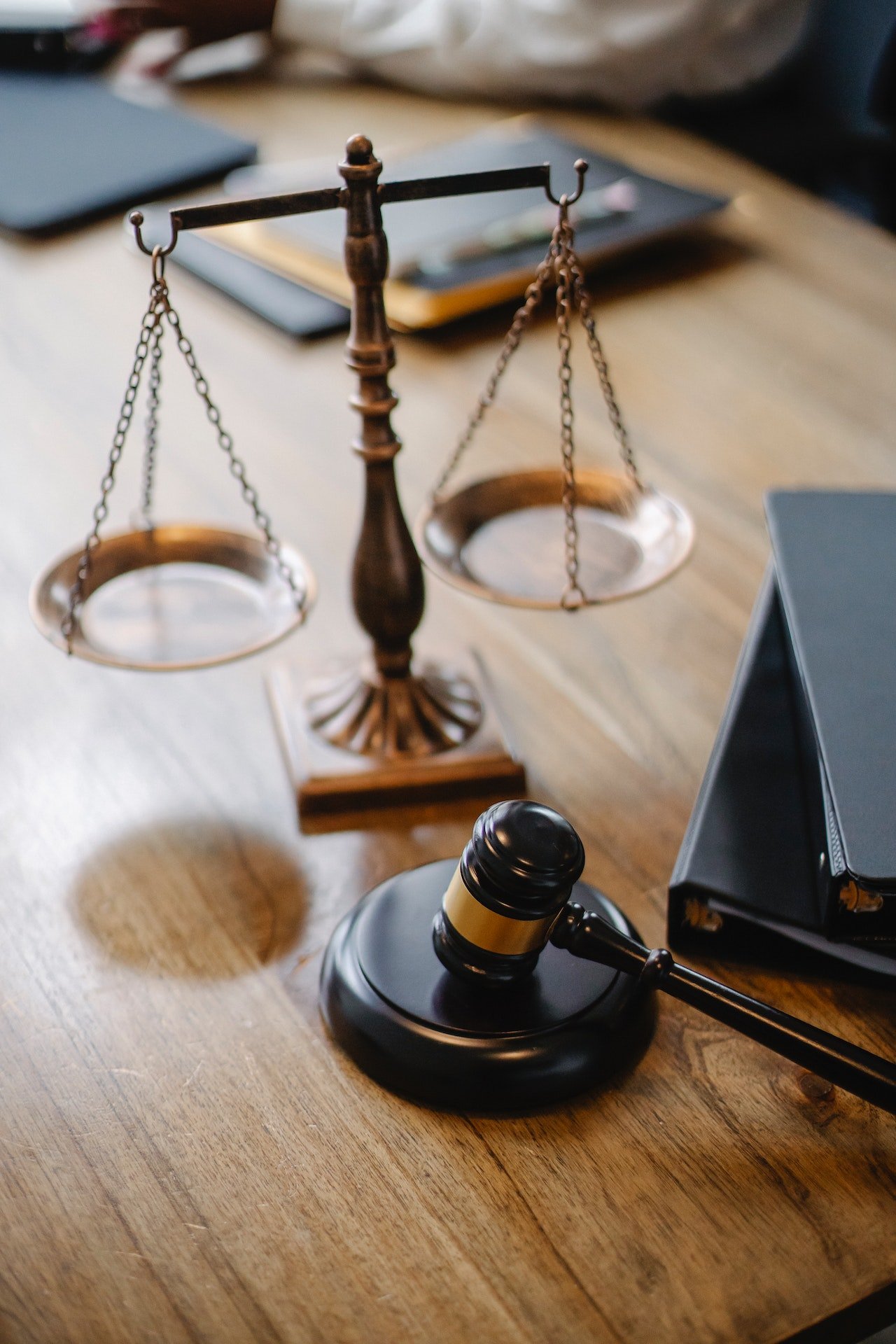Bankruptcy and Your Future: Rebuilding Financial Stability

Bankruptcy is a daunting term that no one wishes to encounter, yet it’s a reality for many individuals and businesses facing overwhelming financial challenges. Whether due to unexpected medical expenses, sudden job loss, or poor financial management, bankruptcy can significantly impact one’s financial stability and prospects.
Contents
- 1 Defining Bankruptcy
- 2 Types of Bankruptcy
- 3 Causes of Bankruptcy
- 4 Effects of Bankruptcy
- 5 Steps to Rebuilding Financial Stability After Bankruptcy
- 6 Importance of Financial Education
- 7 Cultivating Healthy Financial Habits
- 8 Setting Financial Goals
- 9 Seeking Professional Assistance
- 10 Importance of Patience and Persistence
- 11 Celebrating Financial Milestones
- 12 Maintaining Financial Stability
- 13 Common Mistakes to Avoid
- 14 Staying Informed and Adapting to Changes
- 15 Conclusion
- 16 FAQs
Defining Bankruptcy
Bankruptcy refers to a legal process wherein individuals or businesses declare their inability to repay outstanding debts. It provides a means for debtors to obtain relief from overwhelming financial burdens while offering creditors the opportunity to receive some repayment based on available assets.
Types of Bankruptcy
There are several types of bankruptcy, each designed to address different financial situations. The most common forms include Chapter 7, Chapter 11, and Chapter 13 bankruptcy, each with its eligibility criteria and processes.
Causes of Bankruptcy
Numerous factors can contribute to bankruptcy, with some of the most common being unexpected medical expenses, sudden job loss, and poor financial management. Medical emergencies often lead to substantial bills, while unemployment can result in a loss of income, making it challenging to meet financial obligations.
Effects of Bankruptcy
The effects of bankruptcy are far-reaching, impacting not only one’s financial standing but also their personal and professional life. One of the most significant consequences is the negative impact on credit scores, making it challenging to obtain credit or loans in the future. Additionally, bankruptcy may result in legal consequences, including the loss of assets or property.
Steps to Rebuilding Financial Stability After Bankruptcy
While facing bankruptcy can be overwhelming, it’s essential to focus on rebuilding financial stability for a brighter future. The following steps can help individuals navigate the path to financial recovery:
Assessing the Current Financial Situation: Start by evaluating your current financial position, including debts, assets, and expenses. This will provide insight into your financial standing and help identify areas for improvement.
Creating a Budget: Develop a comprehensive budget that outlines your income and expenses. Be diligent about tracking your spending and identify areas where you can cut back to save money.
Rebuilding Credit: Rebuilding credit is crucial after bankruptcy. Consider obtaining a secured credit card or becoming an authorized user on someone else’s account. Ensure timely payments and responsible credit usage to improve your credit score over time.
Read More: Intellectual Property Rights: A Comprehensive Overview
Importance of Financial Education
Understanding personal finance is essential for long-term financial stability. Take the time to educate yourself about budgeting, saving, investing, and managing debt. Consider seeking professional advice from financial advisors or credit counseling services to gain insights into your unique financial situation.
Cultivating Healthy Financial Habits
Cultivating healthy financial habits is key to avoiding future financial difficulties. Focus on saving money regularly, avoiding unnecessary debt, and living within your means. By adopting these habits, you’ll build a strong foundation for financial success.
Setting Financial Goals
Setting financial goals is an integral part of rebuilding financial stability. Establish both short-term and long-term goals that are specific, measurable, achievable, relevant, and time-bound (SMART). Having clear goals will help you stay motivated and focused on your financial journey.
Seeking Professional Assistance
Don’t hesitate to seek professional assistance when rebuilding financial stability. Financial advisors can provide personalized guidance based on your unique circumstances, while credit counseling services can offer valuable insights into managing debt and improving credit.
Importance of Patience and Persistence
Rebuilding financial stability takes time and effort, so it’s essential to remain patient and persistent throughout the process. Understand that progress may be slow at times, but staying motivated and committed to your financial goals will ultimately lead to success.
Celebrating Financial Milestones
Celebrate your financial milestones along the way to acknowledge your progress and stay motivated. Whether it’s paying off a significant debt or reaching a savings goal, take the time to reward yourself for your achievements.
Maintaining Financial Stability
Once you’ve achieved financial stability, it’s crucial to maintain it through regular financial check-ups and adjustments to your goals as needed. Stay vigilant about your financial habits and make changes as necessary to ensure long-term stability.
Common Mistakes to Avoid
Avoid common financial mistakes that can derail your progress, such as overspending or ignoring financial responsibilities. Stay disciplined about sticking to your budget and avoiding unnecessary debt to maintain financial stability.
Staying Informed and Adapting to Changes
Stay informed about economic fluctuations and legislative changes that may impact your financial situation. Be proactive about adapting to changes and adjusting your financial strategy as needed to navigate challenges effectively.
Read More: Planning for Tomorrow: Key Considerations in Estate Management
Conclusion
Bankruptcy may seem like the end of the road, but it’s essential to remember that it’s also an opportunity for a fresh start. By taking proactive steps to rebuild financial stability, individuals can overcome the challenges of bankruptcy and create a brighter financial future for themselves.
FAQs
Can I rebuild my credit after bankruptcy?
Yes, it’s possible to rebuild your credit after bankruptcy by adopting responsible credit habits, such as timely bill payments and responsible credit usage.
How long does bankruptcy stay on my credit report?
Bankruptcy can stay on your credit report for up to ten years, but its impact diminishes over time as you demonstrate responsible financial behavior.
Will I lose all my assets in bankruptcy?
The outcome depends on the type of bankruptcy and the laws in your jurisdiction. Certain assets may be protected from liquidation, but others may be subject to seizure by creditors.
Can I obtain credit after bankruptcy?
While obtaining credit after bankruptcy may be challenging, it’s not impossible. Secured credit cards and loans designed for individuals with poor credit can be viable options for rebuilding credit.
Is it necessary to hire a lawyer for bankruptcy?
While it’s not required to hire a lawyer for bankruptcy, legal representation can provide valuable guidance and ensure that your rights are protected throughout the process.





